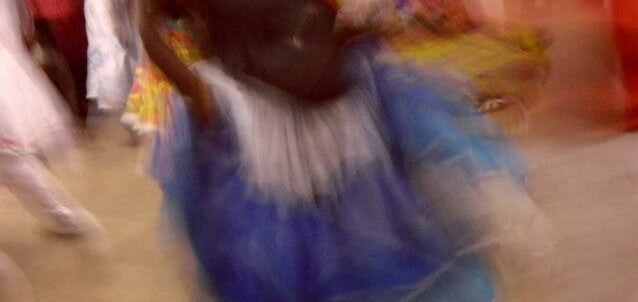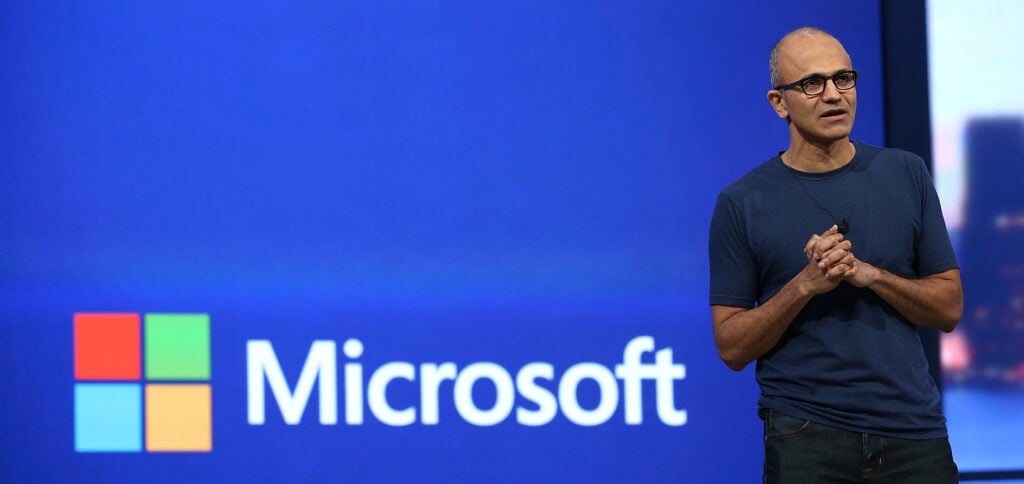Did you know that Brazil has one of the largest Christian populations in the world? According to a 2019 DataFolha survey, 50% declare themselves Catholic and 31% evangelical. A minority, 0,3%, declares themselves to be followers of religions of African origins. And statistics show that people and terreiros are the main targets of hate crimes and religious intolerance in the country. (Politicize)
ADVERTISING
Last year, of the 571 reports of violation of freedom of belief registered in Brazil, more than half were related to Afro religions, according to data from the Ministry of Women, Family and Human Rights (MMFDH).
The intolerance linked to racism against people linked to Candomblé and Umbanda becomes clearer when we look at the racial profile of the group: among those who say they are linked to these beliefs, there is a concentration of more than 20% of people who declare themselves black, of according to IBGE.
- Study shows that religions of African origin were the target of 91% of attacks in RJ in 2021 (G1)
- How does religious intolerance affect children's rights? (Speed glasses)
Limits between religion and politics
Brazil has roots in the religious state
Although Brazil is a Secular state, a fine line often keeps politics separate from religion. At decisive moments such as elections, this becomes even clearer.
ADVERTISING
But the mix of public issues with individual beliefs is not new here, according to José Antonio Miranda Sepulveda, coordinator of the Observatory of Secularism in Education at the Universidade Federal Fluminese (OLÉ/UFF).
“We have a history full of an intertwined relationship between the State and religion. We inherited, as an independent country in 1822, a religious State or what historians call a patronage, a fusion between State and religion.”
Sepulveda, who also has a PhD in Education from the Federal University of Rio de Janeiro (UFRJ), lists other facts that show how the Brazilian State is “organized in an umbilical way with religion”:
ADVERTISING
- The Brazilian Constitution of 1924 placed the Emperor as head of State.
- Throughout the 19th century, Brazil had intense tensions with the Vatican because the Brazilian Church reported to the Emperor. “In fact, he was the one who appointed Bishop”, says Professor José.
- Public service x Church: “a good part of the public services that were created in Brazil were delegated to the Church. Like the funeral service: if you weren't Catholic, you wouldn't be able to bury your relative, right? In general, a large part of what was offered to the public in Brazil was offered by a private entity, the Catholic Church, which has its own interests, which are not the interests of the State. But here in Brazil it got confused”, he says.
The teacher refers to the confusion between state and church. “These confusions are so deeply rooted that it is not easy to eliminate them. Until you naturalize that religion is part of this universe, of the State”. This is why, according to the professor, it is common to see the crucifix, a Catholic symbol, on the walls in environments such as public schools and Legislative Assemblies. “If they were to remove a symbol like that and place one of an African-based religion, would people naturalize it in the same way? Of course not."

Secular state and religious freedom
But “democratic” tensions between religions are natural, according to the professor. He explains how secularism is the principle that guarantees that citizens can choose, dispute, debate and express different beliefs and religious manifestations.
Listen to an excerpt from the interview Curto News with professor José Sepulveda:
Election and religious debate
According to the professor at the USP Faculty of Economics Raphael Corbi, “religion is more at the forefront of public discussion and religious values are determining more, giving more shape to how society behaves”.
To observe this close relationship during this year's electoral period, USP's Center for Religion and Public Policy Studies (CERP), headed by professor Raphael, created the “Leadership Monitor”. The project collects and analyzes tweets from influential religious figures in Brazil, and the political movements of religion that are affecting society. Follow here weekly editions of the project newsletters.
Curto Curatorship
- African-based religions are the biggest targets of attacks on the internet (Black Soul)
- God became a detail in the election campaign (Opinion/O Globo)🚥



